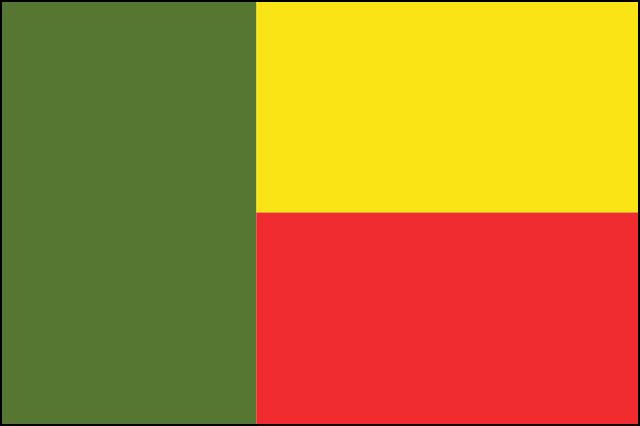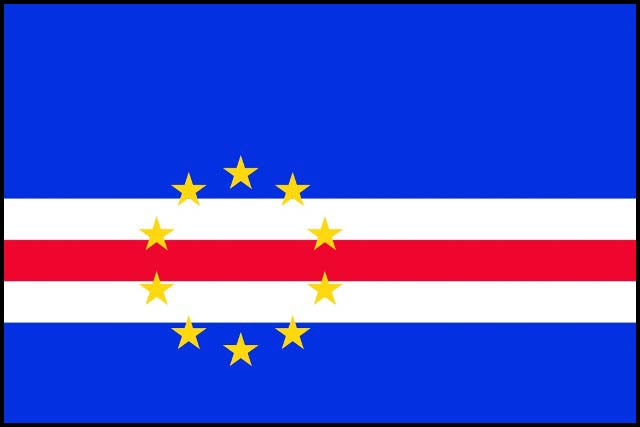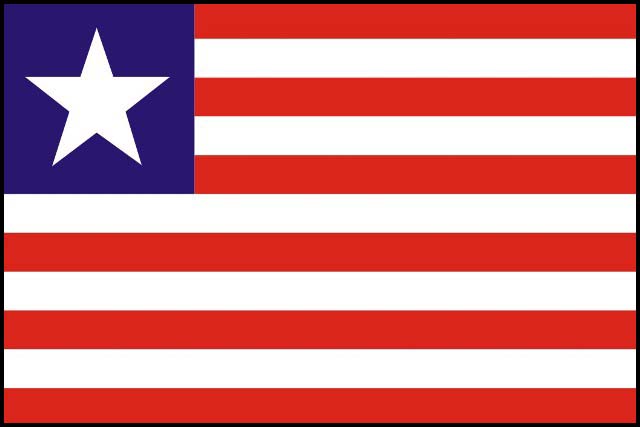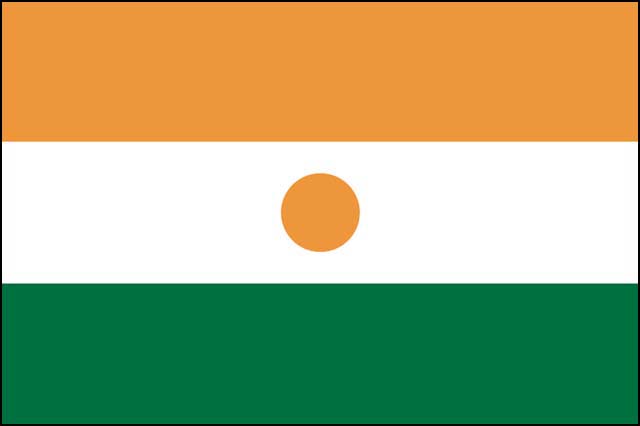Background
Agriculture is a critical component of the West African economy, contributing approximately 29 percent to the region’s gross domestic product (GDP), employing more than 60 percent of workers and provides a livelihood or food needs for more than 80 percent of the population. The number of undernourished people in 15 West African countries increased from 33.6 million in 2010 to 62.8 million people (14.6 percent) in 2022 (SOFI, 2023), while the number of people who needed immediate food assistance in 2023 during the lean season are estimated at 40 million compared to 10 million population assessed in food insecurity in 2019 at the same period according to the West African Food Crisis Prevention Network (RPCA).
Problem Statement
Even though African countries are immensely endowed with arable land and manpower, food insecurity continues to be a concern in the region. The countries lack the resilience capacity to counteract the adverse effects of the environmental and economic shocks or risks that affect agriculture productivity thus exacerbating the food and nutrition insecurity within the region. It has become increasingly important for member countries to step up efforts in building robust food systems that provide sufficient and nutritious food for the region’s 360 million inhabitants. These narratives or challenges placed the resilience, food, and nutrition security sector at the heart of the ECOWAS Agriculture Policy and a priority area for increase support and swift intervention.
Expected Results/Outcomes
The ECOWAS Commission through its Directorate of Agriculture and Rural Development and its Regional Agency for Agriculture and Food strive to ensure an improved access to food, nutrition, income and strengthen the resilience of vulnerable populations. Investment in the Resilience, Food and Nutrition Security sector would stimulate and improve agricultural contributions to economic growth and inclusive and sustainable development in the region. More specifically, ECOWAS expect the following results.
- The resilience of households is enhanced and their vulnerability to chronic and acute food and nutrition insecurity is reduced.
- Integration of nutrition into agricultural & food programs contributes to the implementation of comprehensive strategies to combat malnutrition.
- Prevention and management of cyclical food and nutrition crises is ensured.
- The governance of food and nutrition security is strengthened within the framework of the "Zero Hunger" vision.
Collaborating Partners & Coordinating Mechanism.
The ECOWAS Commission, the UEMOA Commission, the Permanent Interstate Committee for Drought Control in the Sahel (CILSS), the Sahel and West Africa Club Secretariat (SWAC/OECD), the West and Central African Council for Agricultural Research and Development (CORAF), and International partners (Agence Française de Développement, European Union, Spanish Cooperation, Switzerland Cooperation, World Bank) are Collaboratively leading momentous initiatives and key partners supporting ECOWAS Commission to achieve these results.
Main Interventions
ECOWAS, with the support of its financial partners, sets up a Regional Food Security Reserve that can be requested by Member States and triggered to provide food assistance for vulnerable populations facing acute food insecurity. Up to 60.000 MT of grains composed of Maize, Millet, Sorghum and Rice are purchased and prepositioned in 5 countries. From 2016 to 2022, the ECOWAS Regional Food Security Reserve has been triggered 17 times with a total of 54.563 MT of cereals to the disposal of 4 Member States.
In the same interest, ECOWAS also supported its Member States to develop national and local food storage strategies to enable them to be well prepared against food crisis occurrence. Other projects and programs being implemented include the Agro-Ecological Transition Support Program in Sahel and West Africa (PATAE), the Food Security & Nutrition Programme for West Africa (PASANAO), the Zero Hunger project, Climate Smart Agriculture project, Fruit fly control project, Regional Food Reserve project and Support project for Professional organizations (PRAOP), the capacity building project for the ECOWAP among others.
To improve food security in the region by strengthening regional integration, the ECOWAS Agricultural Trade (EAT) program is implemented by GIZ in cooperation with the ECOWAS Commission as main political partner and funded by the German Ministry for Cooperation and Economic Development (BMZ). The project aims at making a decisive contribution to regional integration in the ECOWAS region through cross border food trade by supporting the ECOWAS Commission in implementing protocols and policy instruments for trade facilitation of strategic food products in the Member States.
Spotlight of main interventions or programs being implemented or achieved:
- FIRST project ("Food and Nutrition Security Impact, Resilience, Sustainability and Transformation"): initiative funded by the European Union (EU) and implemented by FAO and ECOWAS.
- West Africa Food System Resilience Program (FSRP) funded by the World Bank and implemented ECOWAS, CILSS and CORAL.
- Agro-Ecological Transition Support Program in Sahel and West Africa (PATAE) funded by Agence Française de Développement (AFD) and European Union.
- Food Security & Nutrition Programme for West Africa (PASANAO) funded by Agence Française de Développement (AFD).
- Support Project for Regional Food Storage System in West Africa funded by European Union and Agence Française de Développement (AFD)
- Project to Promote Integrated School Feeding Models in West Africa funded by Spanish Cooperation.
- Regional Food Reserve project and Support project for Professional organizations (PRAOP)
- The Zero Hunger project
- Climate Smart Agriculture project.
- Fruit fly Control project
- The capacity building project for the ECOWAP
- The ECOWAS Agricultural Trade (EAT) program funded by BMZ and implemented by GIZ.
List of the main strategic, regulatory, and technical documents or reports validated and published by ECOWAS:
- Assessment of the risks and impact of the Russian-Ukrainian crisis on agricultural production in the ECOWAS region: Key findings [2022] https://ecowap.ecowas.int/see-document/263
- Mid-term review Regional Emergency Action Plan COVID-19 [2022] https://ecowap.ecowas.int/see-document/206
- Compilation best practices fight against COVID-19 and its socioeconomic impacts [2022] https://ecowap.ecowas.int/see-document/205
- Accra Declaration on Food security reserves [2021] https://ecowap.ecowas.int/see-document/142
- Meeting Report of the STMC-AEWR on food security storage [2021] https://ecowap.ecowas.int/see-document/134
- International Conference Report on the West-African Food Security Storage System [2021] https://ecowap.ecowas.int/see-document/135
- A Blueprint for Strengthening Food System Resilience in West Africa: Regional Priority Intervention Areas [2021]https://ecowap.ecowas.int/see-document/121
- The West African Food Security Storage System. Summary of lessons learnt and prospects [2021] https://ecowap.ecowas.int/see-document/84
- The West African Food Security Storage System - in brief [2021] https://ecowap.ecowas.int/see-document/85
- Handbook of local food reserves in West Africa [2021] https://ecowap.ecowas.int/see-document/76
- Charter on the operation of local food reserves in West Africa [2022] https://ecowap.ecowas.int/see-document/77
- Charter on the operation of local food reserves in West Africa [2020] https://ecowap.ecowas.int/see-document/79
- Regional Food Security Reserve: From the Supplementary Act to Implementing Regulations. Compendium of regulatory texts [2019] https://ecowap.ecowas.int/see-document/44
- Reference book of good practices for the management of public food security stocks [2019] https://ecowap.ecowas.int/see-document/45
- Orientation manual for the definition/revision of national food storage policies [2019] https://ecowap.ecowas.int/see-document/69
- Supplementary Act AS/2/02/13 establishing the Regional Food Security Reserve of ECOWAS [2013] https://ecowap.ecowas.int/see-document/20














